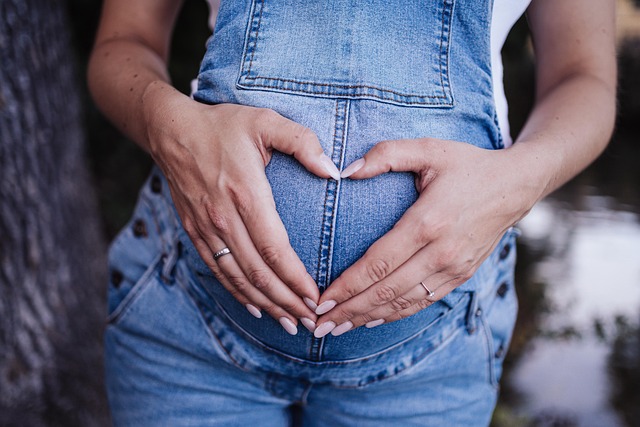Hey friends! Let’s have a chat about a topic that’s super important for anyone considering starting a family: women’s eggs and how age can impact fertility. We all know that as women get older, the quality and quantity of eggs tend to decline. This can lead to lower chances of getting pregnant, an increased risk of miscarriage, and higher rates of chromosomal issues in embryos. But what can we do about it?
First off, it’s essential to understand that women are born with all the eggs they’ll ever have. At birth, there are about 1 to 2 million eggs, but by puberty, that number drops to around 400,000. Sounds a bit alarming, right? Here’s the kicker: with each menstrual cycle, only one egg is selected for ovulation, while roughly 1,000 eggs die off. This means that women only ovulate about 1% of their total egg count throughout their lives.
Aging is unavoidable, and it brings about a decrease in egg supply. Every egg, or oocyte, holds valuable information about potential chromosomal abnormalities. The development process of these eggs involves complicated genetics. For example, primary oocytes replicate their genetic material but pause cell division until the menstrual cycle begins. When this division happens, it’s supposed to create daughter cells with half the chromosomes of the parent cell. However, issues can arise; in women aged 20-25, around 17% of eggs may show abnormalities, while that figure can jump to nearly 79% for those aged 40-45. So, as age increases, so does the risk of genetic abnormalities in eggs.
But age isn’t everything! Making healthy lifestyle choices can also impact egg quality. Try to avoid smoking, manage stress, minimize exposure to environmental toxins, and eat a balanced diet. These steps can be beneficial for your overall reproductive health.
Testing Your Ovarian Reserve
If you’re curious about your ovarian reserve, there are three straightforward tests that can help:
- AMH (Anti-Müllerian Hormone): This hormone indicates how many eggs are left in your ovaries. High levels suggest a good response to fertility treatments, while low levels indicate a lower expectation.
- Day 3 FSH (Follicle Stimulating Hormone): Measured on the third day of your cycle, this hormone helps determine if your baseline levels are appropriate for egg production.
- Antral Follicle Count: This ultrasound test checks the number of small follicles present, giving insight into the remaining immature follicles.
Generally, hormone levels and antral follicle counts are better indicators of egg quantity, while age is a better predictor of egg quality. It’s the combination of these factors that gives a clearer picture of your ovarian reserve.
What to Do If You’re Concerned About Your Egg Health
So, what can you do if you’re concerned about your egg health? Many options are available, including egg freezing and assisted reproductive technologies like IVF. If you’re interested in learning more about your options, consider scheduling an appointment with a fertility specialist.
And while you’re at it, check out some of our other posts, like the one about our new diaper collection that can be found here. Also, if you’re looking for additional resources, this site is fantastic for understanding pregnancy and home insemination. Plus, if you’re looking to boost fertility, you might want to look into fertility boosters for men.
In summary, knowing about your eggs and the effects of aging can empower you to make informed choices about your fertility journey. Remember, it’s never too late to seek help and explore your options!

